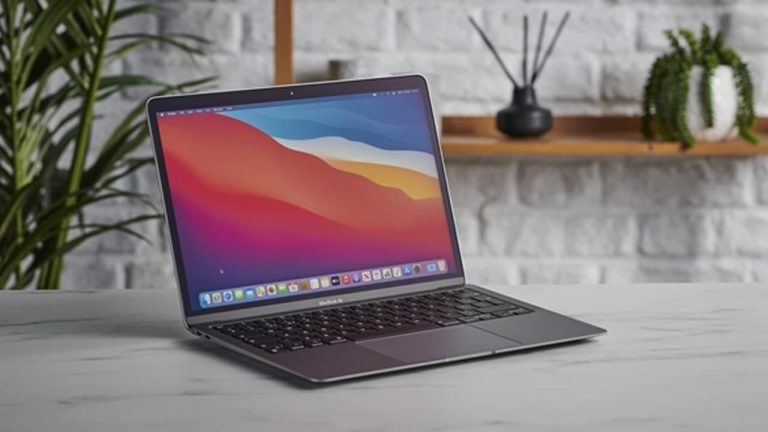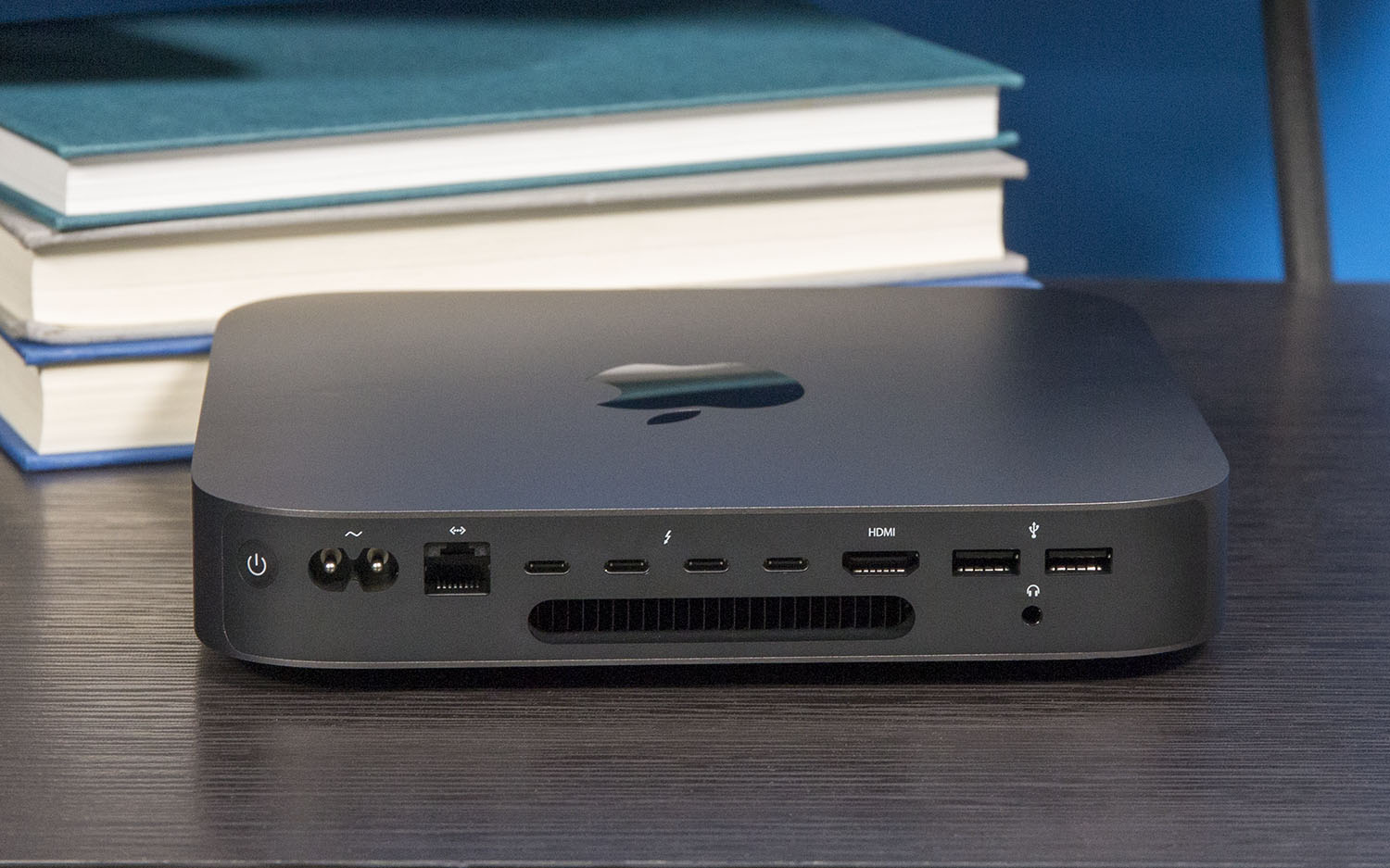
Once you have installed Xcode and the command-line tools, follow the compilation instructions found in the section called “Linux/Unix Compilation and Installation from Source Code”.
MACPORTS M1 MAC INSTALL
You can install them by opening Xcode from the Applications folder, opening Preferencechoosing the Download header icon and clicking the Install button next to “ Command Line Tools”. Xcode installations don't always include the command line tools.
MACPORTS M1 MAC FREE
Xcode is not installed by default, but can be downloaded free of
MACPORTS M1 MAC MAC
I’m much happier when I find something like Postgres.app, which encapsulates all of PostgreSQL into a downloadable Mac app, and behaves like a Mac app, not a Unix tool with a complex dependency and installation chain.Apple's developer tools that include GCC and the rest of the usual build But when you hit it…then what? (I got lucky, my work laptop was due for replacement shortly after my complex toolset fell apart this Fall, so I got to start over with a clean slate…) Three tools? Twenty? Hard to predict when you hit the wall. If you’re stitching together a dozen different two-year-old blog posts covering different tools, without really understanding them, and expecting it to be problem free…you’re probably going to be disappointed at some point. In the end, you sort of need to be a bit of an expert in this area if you’re going to maintain a complex set of non-default tools.
MACPORTS M1 MAC HOW TO
And it’s what people are often using when they document how to do something that requires compiled code. When things all work, which is most of the time, Homebrew is a bit easier. On the other hand, I’ve had reasonable success with Homebrew recently (used at work)…right up until things got too complex. And I find some of the reportedly autocratic behavior of project maintainers on Homebrew to be a bit troubling. On the one hand, I prefer the more conservative approach. Both can be fragile in the face of operating system upgrades, and even updates, but they are fragile in different ways. But MacPorts seems to take a safer, more conservative approach, installing all of its own dependencies. Homebrew is certainly the “cool kid” right now, and is faster to install most things because for dependencies it re-uses tools and libraries pre-installed on macOS. There are trade-offs between the two approaches and projects, and you might naturally gravitate to one or the other. My take-away was that Homebrew is hipster, and MacPorts is old school.


There’s an extensive follow-up discussion on Hacker News, for those who want to dive deep: Just make sure you set your $PATH to point to the one you want to use. Homebrew uses /usr/local/ and MacPorts “famously” does not (it uses /opt/local/ instead). I’ve never run into any issues with Homebrew not having something I wanted (at least not that I can remember) but if you drift into the more-obscure, you might find MacPorts a better option.

That being said, I believe that MacPorts still has many more packages than Homebrew. I’m not sure why that is, but Homebrew has caught the collective Mac Nerd Eye, and MacPorts has not. Whenever this discussion comes up, MacPorts is usually dismissed out of hand. I do not know if MacPorts supports M1 natively yet. Even MacPorts calls it a “legacy platform” but it still works for the few things I need.) (Ironically, I just installed MacPorts today on my iMac, because it’s running El Capitan, and Homebrew no longer works on El Capitan - which I can’t really blame them for, it’s very old.

They have also said they will make it easy to change over to M1 once support is available. I have been running Homebrew under Rosetta without issue. M1 support is hopefully coming “soon” but no value of “soon” has been given or suggested. Homebrew does not yet support M1 hardware at all, and they are currently recommending that you run Terminal.app under Rosetta if using Homebrew on an M1 Mac.


 0 kommentar(er)
0 kommentar(er)
